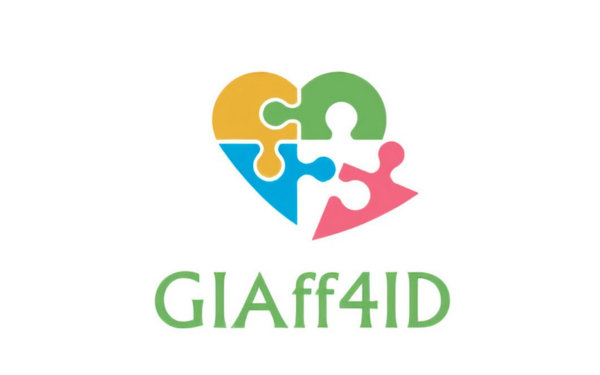GIAff4ID-Games for Improving Affectivity in Youngsters with Intellectual Disabilities

The GIAff4ID projectaims to break stereotypes around Sexual Education and Affectivity of Young Persons with Intellectual Disabilities (YPWIDs) based on the development of a game-based learning approach.
The game-based learning approach provides high-quality education and promotes the spread of information in a way that considers different abilities and learning needs by creating content that is customizable to varied abilities, and can be adapted to different backgrounds and contexts. The games that will be developed will focus on various themes connected to sexual education including consent, health practices, emotions and affectivity, and physical changes.
GIAff4ID’s general objective is to provide youth workers with adaptable tools to offer relevant sexual and affectivity education to YPWID. The materials developed will be of relevance because they will stem from YPWID’s needs and expectations, and will be suitable for different learning abilities.
This project will contribute dismenteling exisiting barriers around sexual education for YPWIDs. In this way, YPWIDs are encouraged to take decisions concerning how they relate to their bodies and emotions independently.
Target Groups
- Youth workers, Community workers
- Caregivers’ associations/organizations
- Young Persons with Intellectual Disabilities
- Families of Young Persons with Intellectual Disabilities
- Community associations
Activities
- Develop of a methodology and set of criteria that provides guidance on how to implement desk research on sexual education themes
- Desk research and interviews with YPWID in relation to sexual education themes;
- Stakeholder mapping and identification of stakeholder involvement;
- Collection of Good Practices;
- Design and development of games and training materials;
- Laboratories to implement materials created;
- Report on laboratories with feedback and lessons learned;
- Development of Guidance Toolkit for youth workers and caregivers.
Latest News
- Toolkit for youth workers on sexuality and affectivity to train young people with intellectual disabilities on healthy sexual or sentimental relationships. Toolkit in English | Toolkit in French
Partnership
- National Association of Resource Teachers (NART) – Bulgaria (coordinator);
- European Association of Service Providers for Persons with Disabilities (EASPD) – Belgium;
- Centro di Ricerche e Studi Europei – Future Business (CRES) – Italy;
- Associacio Programs Educatius- Open Europe – Spain;
- Zihinsel Yetersiz Cocuklari Yetistirme Ve Koruma Vakfi (ZICEV) – Turkey;
- Eyropaiko Institoyto Topikhs Anaptykshs – Greece.
Duration
26 Months
02/10/2022 – 30/11/2024
Contact Person
Tiziana Fantucchio, Senior Project Officer, EASPD
Funding
ERASMUS + KA2
Grant Agreement: Project: 2022-1-BG01-KA220-YOU-000087092

